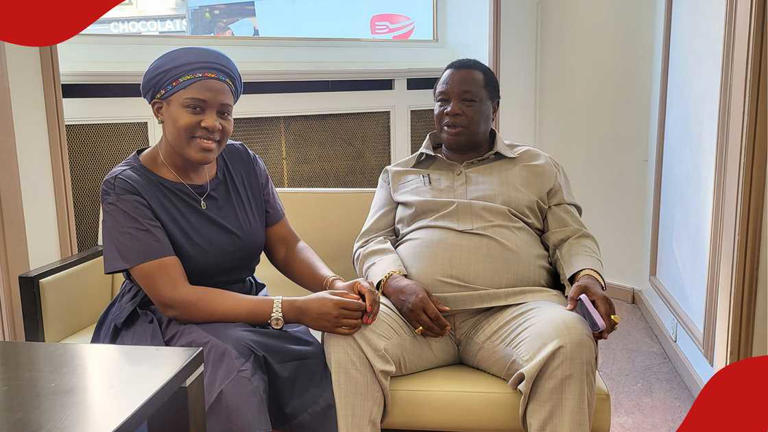
A school principal in the FCT has expressed distress over the shortage of supplies like drinking water, desks, and other necessities.
According to Daily Trust, this is in response to a surge in enrollment in public elementary and secondary schools in the nation’s capital as a result of a corresponding increase in school fees across private schools.
It was previously reported that the elimination of the fuel subsidy led to a nationwide explosion in the number of students enrolled in public schools.
Principal of JSS, Mpape, Abuja, Mrs. Ngozi Onugwu, spoke to journalists today on the sidelines of the “Reach a Child Campaign: For Every Child Deserves Care” programme, in which she urged the government and other key stakeholders to take action.
HEARD Africa, a non-governmental organisation, and the office of Joshua Obika, the lawmaker who represents AMAC/Bwari in the 10th House of Representatives, collaborated to put on the programme.
Mrs. Onugwu said that her school had been assigned more than a thousand students for Junior Secondary School Year 1, but that there were only 400 available desks and no running water.
She remarked, “There are a lot of obstacles in our way. For the upcoming JSS 1 class, for instance, not a single desk is available. Over a thousand students have been assigned to our classroom, but there is not a single desk available.
More of the classrooms look run down. The available faculty is insufficient. In order to supplement, the school’s PTA hired 20 additional teachers. It’s clear that the FCT UBEB secretariat is making every effort possible, but it’s not enough. This school desperately requires outside help.
Take a look around our campus and you’ll notice that we don’t just dress however we like here; rather, we tailor our attire to the climate and culture of our institution. This is bad for the school and for us. Some of our classrooms are so full of holes that it feels like we’re learning in the great outdoors.
Not just me, but all of the UBEB principals, are actively involved in the process of hiring new educators. Last time we had a meeting with upper management, we brought up the difficulties being encountered in the classrooms.
“We only use the meagre funds we receive from the PTA to compensate the PTA teachers. Inadequate funding makes it difficult to complete other projects at the institution. We have put it on hold, submitted letters, and received assurances that some of our PTA teachers will be hired on for the long haul.
In other words, my message is that they need to help us. Desks are required. As I speak to you, our school is currently without running water. How can we help students maintain good hygiene when there is no water available? The PTA has taken it upon itself to drill a borehole in anticipation of future funding, but so far, nothing has materialised.
Rep. Joshua Obika of AMAC and Bwari said that if any state is going to have poor education, it shouldn’t be the nation’s capital. He called for a State of Emergency to be declared on education in the FCT.
In my opinion, the educational situation in the FCT should be treated as a State of Emergency. That should be the initial step. Permit me to restate my confidence in the newly appointed Honourable minister; I am aware of his efforts in Rivers State and am confident he will replicate them in FCT.
“I will be here to support him to do everything possible to change the disastrous and crisis situation we are facing in the education sector in the FCT. This includes our primary and secondary schools as well as our secondary and junior high institutions.
Regardless of their political leanings, “the people at the helms of affairs now, are coming with a different mindset that the people must feel the impact of governance,” the lawmaker told the press.
Before distributing the writing materials to the children, Akaoma Onyemelukwe, Executive Director of the HEARD Africa initiative, questioned why many children of the poor in the public schools were neglected by the elite.








